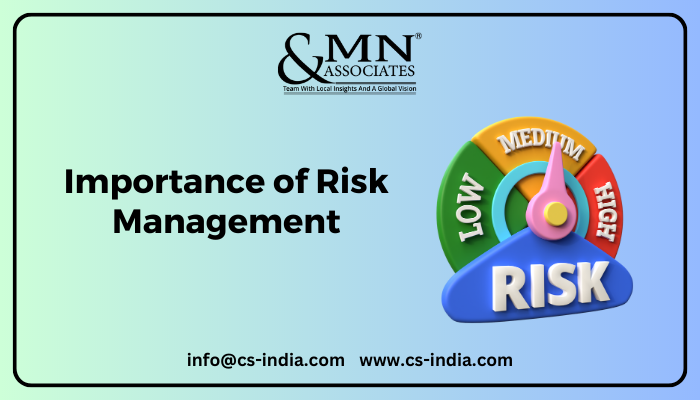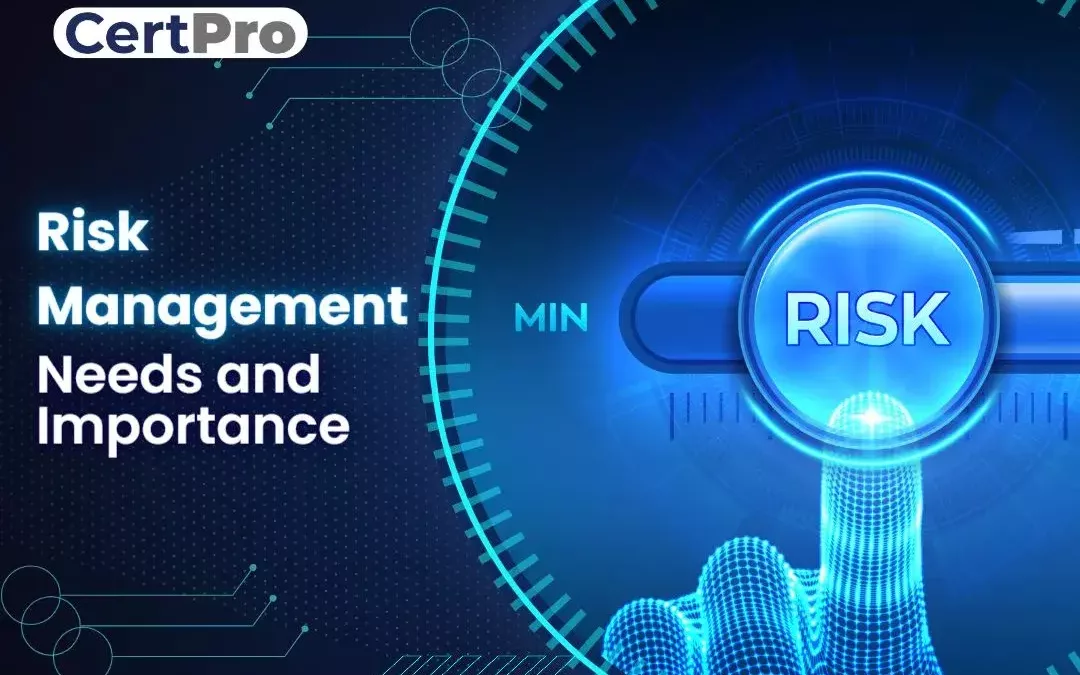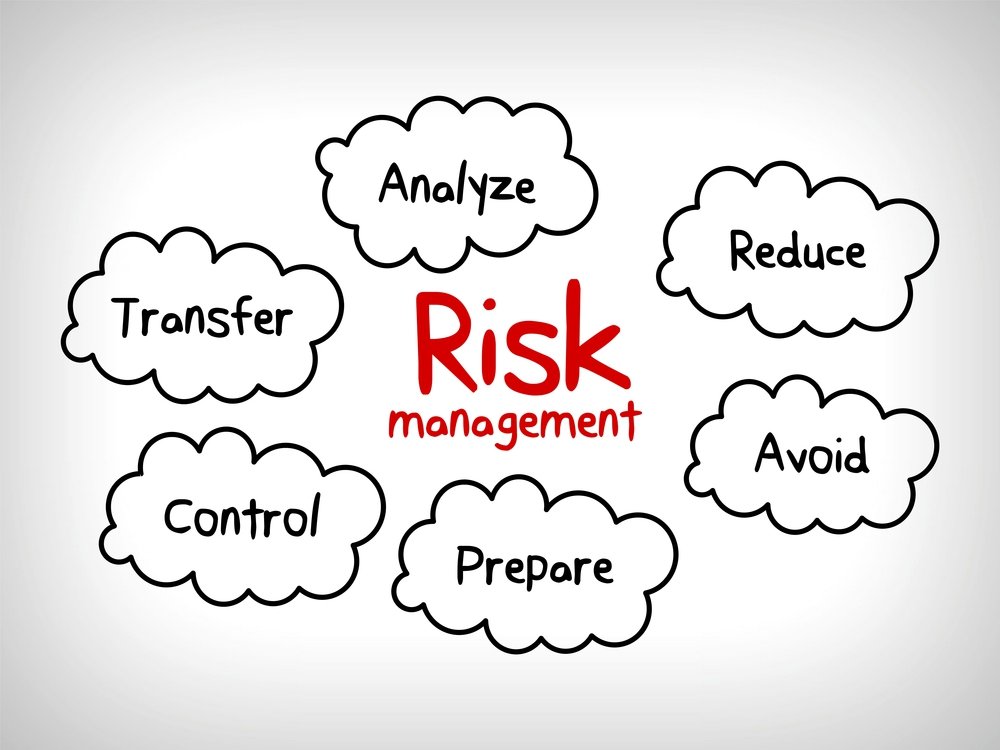Exploring the Sustained Benefits and Importance of Risk Management for New Businesses
Exploring the Sustained Benefits and Importance of Risk Management for New Businesses
Blog Article
The Critical Relevance of Risk Management in Getting Business Objectives
This is where Risk Management steps in, providing a structured method to identifying, examining, and mitigating possible obstructions to advance. As we discover the essential role of Risk Management in accomplishing organizational objectives, one can not ask yourself however assist: just how does this convert right into real-world success?
Comprehending the Idea of Risk Management in Service

The Indispensable Role of Risk Management in Strategic Preparation
Incorporating Risk Management into strategic preparation functions as a protect for organizations, securing their lasting plans with a strong structure of readiness and durability. It operates as the organization's radar, identifying potential risks and vulnerabilities that might interfere with the path in the direction of achieving their specified goals. Risk Management uses a framework for expecting uncertainties and devising ideal feedbacks, guaranteeing the company's survival and prosperity even in the face of hardship. By including Risk Management into tactical planning, organizations can change these uncertainties into possibilities for development and innovation. This calculated interweaving of Risk Management promotes versatility, making companies more durable and enabling them to navigate the ever-changing service landscape with confidence. Subsequently, Risk Management comes to be an essential tool in tactical preparation, instrumental in safeguarding sustainable success.

Methods for Identifying, Assessing, and Focusing On Dangers
The process begins with Risk recognition, using tools such as SWOT evaluation, which assists in identifying possible hazards and chances. Next, Risk assessment is performed to ascertain the prospective impact and likelihood of each Risk. Risks are prioritized based on their prospective effect and probability, enabling organizations to concentrate their resources on critical threats.
Securing Organizational Operations With Reliable Risk Management
In business landscape stuffed with unpredictabilities, effective Risk Management plays a pivotal duty in safeguarding organizational procedures. It offers as a protective guard, alleviating the adverse results of prospective dangers and making certain the smooth performance of all procedures. By determining and analyzing prospective dangers, Risk Management enables organizations to develop durable contingency strategies. This precautionary approach aids in keeping operational security, also when faced with unforeseen scenarios. Essentially, Risk Management is the lifeline that keeps the organizational operations afloat in the middle of turbulent waters. It ensures not only the survival yet the sustainable growth of a company, making it a vital device in accomplishing service goals. Therefore, organizations need to purchase detailed Risk Management strategies to secure their operations.

Converting Possible Hazards to Opportunities: The Power of Risk Management
An aggressive approach to take the chance of Management includes recognizing, examining, and prioritizing dangers to devise approaches that turn them into prospective advantages. Hence, by leveraging the power of Risk Management, companies can not just guard their procedures yet also spur growth and achieve their goals in an uncertain company environment.
Instance Studies: Success Stories of Risk Management Driving Company Objectives
Successful execution of Risk Management approaches has actually generated excellent outcomes in various the original source services, emphasizing the advantages of this strategy. International firms like Microsoft and Google, for instance, have leveraged Risk Management to minimize risks and exploit opportunities, driving their service goals onward. These instances show exactly how effective Risk Management can not just steer organizations clear of potential my company challenges but likewise assist them in the direction of their calculated purposes.
Final thought
In verdict, Risk Management is fundamentally essential in achieving organizational objectives. By incorporating Risk Management into critical preparation, services can much better navigate uncertainties, guard operations, and capitalise on opportunities, therefore aligning with lasting purposes.
At its core, Risk Management is the procedure of recognizing, examining, and resolving possible threats that can adversely impact an organization's procedures or objectives. Next, Risk assessment is performed to determine the potential impact and possibility of each Risk. Threats are focused on based on their possible effect and chance, permitting companies to focus their resources on critical threats. By identifying and analyzing link prospective risks, Risk Management allows organizations to establish durable backup plans. An aggressive approach to risk Management involves recognizing, examining, and prioritizing risks to design methods that transform them right into potential benefits.
Report this page